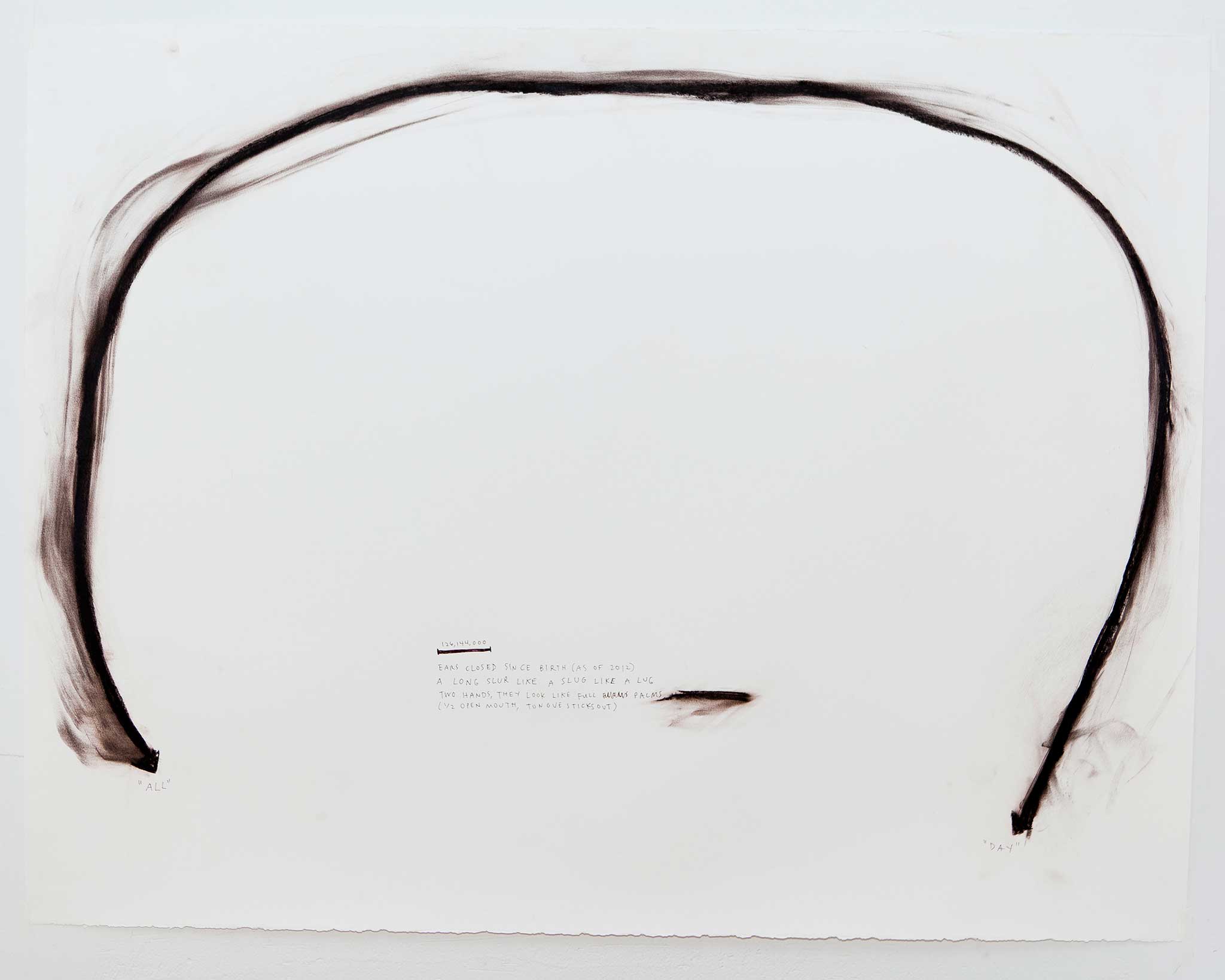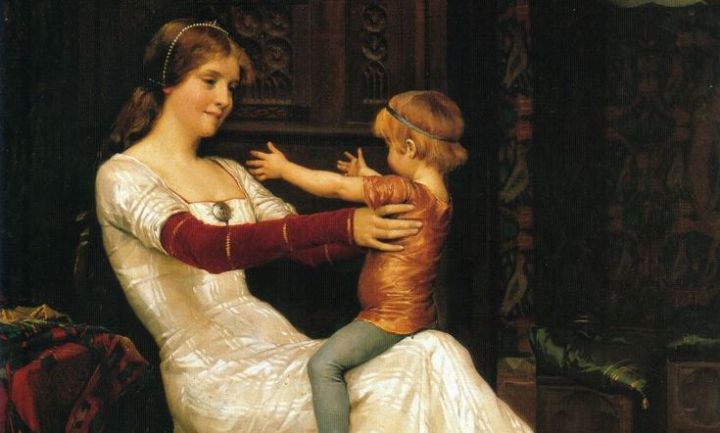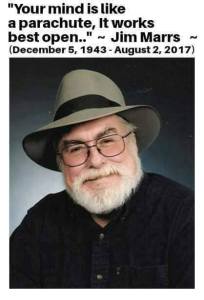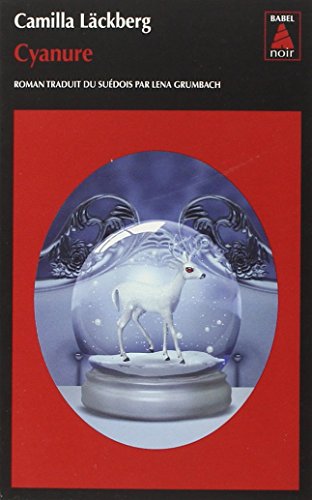If you watched QandA last night, you may be left wondering why is Australia having a discussion about marriage at all? It’s not because reason shows us that marriage should remain between a man and a woman, and it’s not because of impassioned stories from gay couples, but because we were told by two QandA panelists that we ought to get rid of marriage altogether.
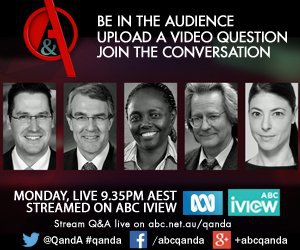
English philosopher, AC Grayling, claimed that the origins of marriage were sexist, but now “there’s another sense of the word marriage which is the commitment that two or perhaps more — I don’t know — people make to one another about pooling their resources, mutually supporting one another.”
He added that he doesn’t support the institution of marriage (despite the fact that he is married), although he does support same-sex marriage.
Merav Michaeli is a former journalist and currently serves as a member of Israel’s Parliament. Like Grayling, Michaeli has a very negative view of marriage and thinks society expunge marriage altogether.
“This is not something that we should maintain in the world when we realise all of us are human beings.”
Why?
“Marriage has nothing to do with love but is a tool created to dominate women, and not somethin that should be sustained”.
“In many countries … your parents make you marry someone because of their social status, because of the family they come from, because they want to keep the property in a specific family or another family.”
Any audience member wearing their ‘love is love’ t-shirt last night, must have felt a little awkward…or enraged. Don’t worry, Michaeli was about to insult almost everyone on the planet. Not only is marriage not about love, it is an indictment on society for it is, according to Michaeli and Grayling, a system of oppression. Merav Michaeli went even further and alleged that marriage is a danger to children,
“The core family is the least safe place for children”.
“The custody, this total custody that we have in this structure of marriage which still gives men domination, complete domination over their children and too often over their women … is a part of the ongoing hurt in children.”
When host Virginia Trioli asked Ms Michaeli what is her alternative to marriage and the nuclear family, the answer was, the State should take responsibility for determining who will raise children. In other words, it should not be assumed that biological parents will raise their own children. In fact parents should not have inherent rights to raise their children, but the State should be given authority to allocate children to what Michaeli calls, ‘share households’.
If your jaw dropped last night, I understand why. Pause for a moment and hear what Michaeli is suggesting; parents should not have the right to raise their own children. I’m guessing that Australians are sensible enough to know how absurd and immoral that idea is. It’s crazy. It’s George Orwell revisited. While we may not be in 1984, we do however need to appreciate that should marriage be redefined, the State will encourage children to be raised without one or both biological parents. Same sex marriage, even more than existing adoption laws, will institutionalise the raising of children without both biological parents. Not for a second am I suggesting that the State will be knocking on doors and taking children away without parental consent, but it does encourage a culture where children can and should be raised without mum or dad.
I have no doubt that there are Australians who have had a terrible experience in marriage. I know couples today whose marriages are not the beautiful and safe relationship that they imagined it would be. There are however many more examples where marriage does not reflect, in any way, the negative and abusive regime model that Michaeli describes. And where marriages have failed and are broken, most couples celebrate this situation, they wish that their experience was one where marriage was full of love and security and flourishing.
it is also important to note that, Michaeli and Grayling were not describing marriage as it was in the beginning, or the countless wonderful ways in which marriage has been expressed throughout history in different cultures. Instead, their arguments depend on taking poor historical examples of marriage, and fallaciously presenting them as normative.
The very first marriage is described in terms of goodness and intimacy and faithfulness,
“for Adam no suitable helper was found. 21 So the Lord God caused the man to fall into a deep sleep; and while he was sleeping, he took one of the man’s ribs and then closed up the place with flesh. 22 Then the Lord God made a woman from the rib he had taken out of the man, and he brought her to the man.
23 The man said,
“This is now bone of my bones
and flesh of my flesh;
she shall be called ‘woman,’
for she was taken out of man.”
24 That is why a man leaves his father and mother and is united to his wife, and they become one flesh.
25 Adam and his wife were both naked, and they felt no shame.”
The Apostle Paul in Ephesians chapter 5 speaks of marriage with tenderness and other person centredness: a husband should lay down his life for his wife. A wife can choose to respect her husband, and help him be the kind of man he ought to be.
While both AC Grayling and Merav Michaeli said marriage was bad, both they, and Shadow Attorney General, Mark Dreyfus, presented the concept of marriage as relative and so not fixed in any ontological or purposeful way. Despite this, every historical example of marriage that was inferred in last night’s program, depended on the fact that marriage is between a man and a woman. Why is that? Could it be that no matter the extent to which a society tries to recalibrate marriage, in less than helpful ways, some things remained unchangeable?
The program also revealed that debates over marriage are much more complex than often presented. Among those who support classical marriage, are arguments grounded in biology, ontology, sociological reasons for raising children, and at times theology. Common among those advocating for marriage change is the view that marriage is a malleable and ultimately groundless institution that should reflect what people want it to mean. The logical extension of this view is exactly what we find Merav Michaeli advocating: let’s get rid of marriage altogether.
The lesson from history is not that marriage is wrong or that marriage is relative, but that we grieve when marriage goes awry. When society adopts the less than ideal of marriage, surely the answer is not to further walk away from the ideal, but to return to it?
Listening to last night’s conversation on QandA once again reminded me that the first question Australian should be asking, what is marriage? Is marriage love is love, or something more? Is marriage a meaningless term that everyone has the right to use however they choose? Is marriage about property rights?
Advertisements Share this:
